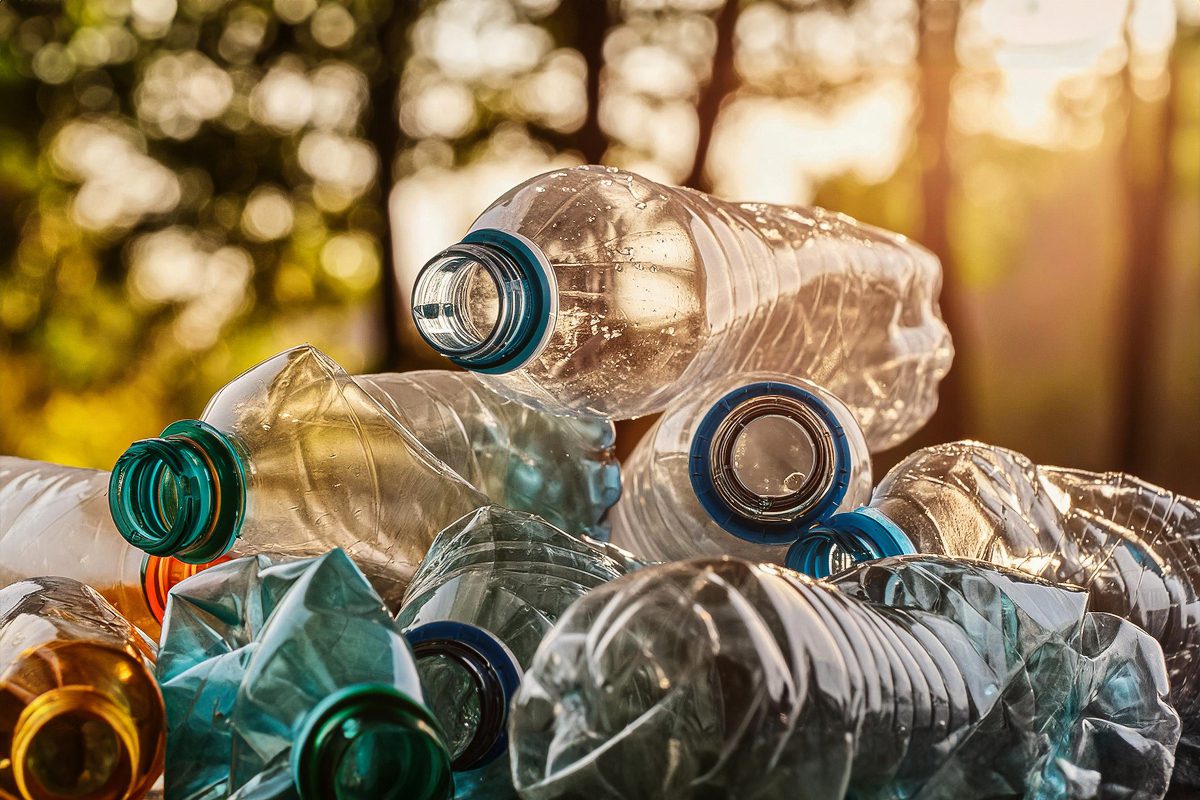The Chartered Institute of Waste Management (CIWM) has called for extended producer responsibility (EPR) for batteries (and products containing batteries) and a targeted deposit return scheme (DRS).
The appeal was made in a new white paper from the group, called ‘An EPR of Everything, Starting with Batteries’.
Fires caused by the batteries consumers throw away are causing a major crisis for the waste and resource management sector, taxpayers and the communities in which they occur, explains the CIWM.
In 2023 there were more than 1,200 fires caused, or suspected to be caused, by batteries at UK waste and recycling facilities or in collection vehicles (Material Focus, 2024), an increase of 71% from 2022. The cost of damage and lost time from these fires is estimated to be in the region of £158 million (Eunomia, 2021). The vast majority of these fires however were avoidable and resulted from batteries, in particular high powered, rechargeable batteries that should not have been placed in a bin but taken to a collection point.
The CIWM white paper, said to be based upon an extensive research programme report commissioned by CIWM and carried out by env23 Ltd, identified the lack of clear and impactful consumer information; the dramatic increase of batteries in everyday items; and the failure of producer responsibility rules to keep pace with the changing chemistry and pervasiveness of battery technology as the three main reasons for their incorrect disposal.
Consumer research undertaken for the report supported these findings with 40% of those surveyed choosing the ‘wrong’ option when asked how to dispose of an electric toothbrush. Where batteries can be removed however, they are much more likely to be taken back to a retailer or collection point with almost 70% of people saying they would do so.
The report found a strong level of public support for the use of deposits for items such as batteries, with 51% saying they would use the scheme on ‘all or most occasions’ and a further 32% saying they would use it on ‘some’ occasions. Implantation of the scheme would also be eased by the fact that the deposit value would only need to be modest as most ‘wrong waste-wrong place’ items such as toothbrushes and vapes are relatively low value items.

Commenting on the call for action on battery recycling, CIWM’s Director of Innovation and Technical Services, Lee Marshall, said: “The current targets for battery recycling are out of date, easily met, and amount to little more than a tick-box exercise for the manufacturers and retailers of these products. Championing extended producer responsibility and promoting the safety of our colleagues are key commitments from CIWM. We call on the new government to rise to the problem of addressing hard to recycle products and to prioritise the launch of a battery DRS consultation as part of a shared commitment to developing a more circular economy.”
CIWM has also called on battery manufacturers and retailers to act immediately and work with the institution in promoting safer, simpler and more effective recycling. It also highlights the need for chemistry-specific recycling targets to be introduced as part of the process of updating existing producer responsibility legislation for batteries.
An EPR of Everything, Starting with Batteries sets out recommendations to governments and legislators on how to address the widespread environmental, commercial and social issues associated with ‘hard to recycle’ products and materials, such as batteries, for the betterment and protection of society in general and workers in the resource and waste management industry in particular. The end-of-life impact of products and materials can no longer be a carefree and unconscious process by those carefully and consciously exploiting raw materials. To support a circular economy the narrative must be changed with an emphasis away from ‘costs’ towards ‘value’.
The CIWM white paper can be accessed here and the research here.


















